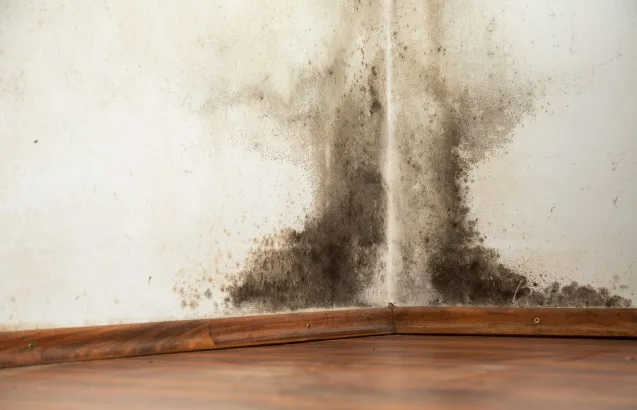Dealing with mold in real estate transactions is a critical consideration for both buyers and sellers. Mold issues can have a significant impact on property value and the health of its occupants. In the realm of mold remediation, expertise plays a pivotal role. Buyers and sellers alike can explore the services offered by reputable professionals at www.moldremediationpros.net/ These platforms connect individuals with experienced professionals who can ensure thorough mold removal and effective water damage restoration, further solidifying the success of real estate transactions.
Here are some tips for buyers and sellers when it comes to mold in real estate:
Tips for Buyers:
- Conduct a Thorough Inspection:
- Hire a qualified home inspector to specifically check for mold during the inspection process.
- Look for signs of water damage, such as stains on walls or ceilings, musty odors, or visible mold growth.
- Consider a Mold Inspection:
- In addition to a general home inspection, consider a specialized mold inspection, especially if there are suspicions or a history of water damage.
- Ask About Past Water Damage:
- Inquire with the seller about any past water damage or leaks. This information can be crucial in understanding the potential for mold growth.
- Check Disclosure Statements:
- Review seller disclosure statements for any mentions of past mold issues or water damage. Sellers are often legally required to disclose such information.
- Understand Your Rights:
- Familiarize yourself with local laws regarding mold disclosure and the responsibilities of both buyers and sellers.
- Negotiate Remediation:
- If mold is found during the inspection, negotiate with the seller for remediation before closing the deal.
- Consider Insurance Implications:
- Check with your homeowner’s insurance provider to understand coverage related to mold damage.
Tips for Sellers:
- Proactive Inspection and Remediation:
- Consider conducting a pre-listing inspection to identify and address potential mold issues before listing the property.
- Complete Necessary Repairs:
- Address any water leaks or sources of moisture promptly. Repair leaks in roofs, windows, or plumbing to prevent future mold growth.
- Disclose Past Issues:
- Provide full disclosure of any past mold problems or water damage in the seller disclosure statement. Failure to disclose can lead to legal issues.
- Document Remediation Efforts:
- If mold issues have been addressed, document the remediation efforts and share this information with potential buyers.
- Consider Professional Remediation:
- If mold is identified, consider hiring professional mold remediation services to ensure thorough and effective removal.
- Work with Experienced Professionals:
- Collaborate with real estate agents, inspectors, and attorneys experienced in dealing with mold issues to navigate the process smoothly.
- Offer a Home Warranty:
- Consider providing a home warranty that includes coverage for mold-related issues to ease buyer concerns.
General Tips:
- Educate Yourself:
- Both buyers and sellers should educate themselves about mold, its causes, and the importance of proper remediation.
- Communicate Effectively:
- Open and honest communication between buyers and sellers is crucial to navigate potential mold issues and reach fair resolutions.
- Involve Professionals:
- Engage professionals such as real estate agents, inspectors, and mold remediation experts to guide you through the process.
Conclusion
In conclusion, addressing mold concerns in real estate transactions is pivotal for both buyers and sellers to ensure the integrity of the property and the well-being of its future occupants. Thorough inspections, open communication, and adherence to disclosure requirements are essential components of a successful real estate transaction, particularly when mold issues are at play.
For buyers, being vigilant during the inspection process, considering specialized mold inspections, and understanding local laws regarding mold disclosure can help make informed decisions. Negotiating remediation efforts when necessary and understanding insurance implications are additional steps in safeguarding one’s investment.
Sellers, on the other hand, can benefit from proactive measures such as pre-listing inspections, prompt repairs of water damage, and transparent disclosure of past mold issues. Collaboration with experienced professionals, including real estate agents and mold remediation experts, can streamline the process and provide assurance to potential buyers.
In the context of mold remediation, it is important to highlight the expertise of professionals in the field. For comprehensive mold remediation services, buyers and sellers can explore reputable resources like https://www.waterdamagerestorers.net/. Leveraging the services of such experienced professionals can ensure effective and thorough mold removal, contributing to the overall success and satisfaction of real estate transactions.
In navigating the complexities of mold-related issues, education, transparency, and the involvement of qualified professionals are key elements for a smooth and successful real estate experience.





